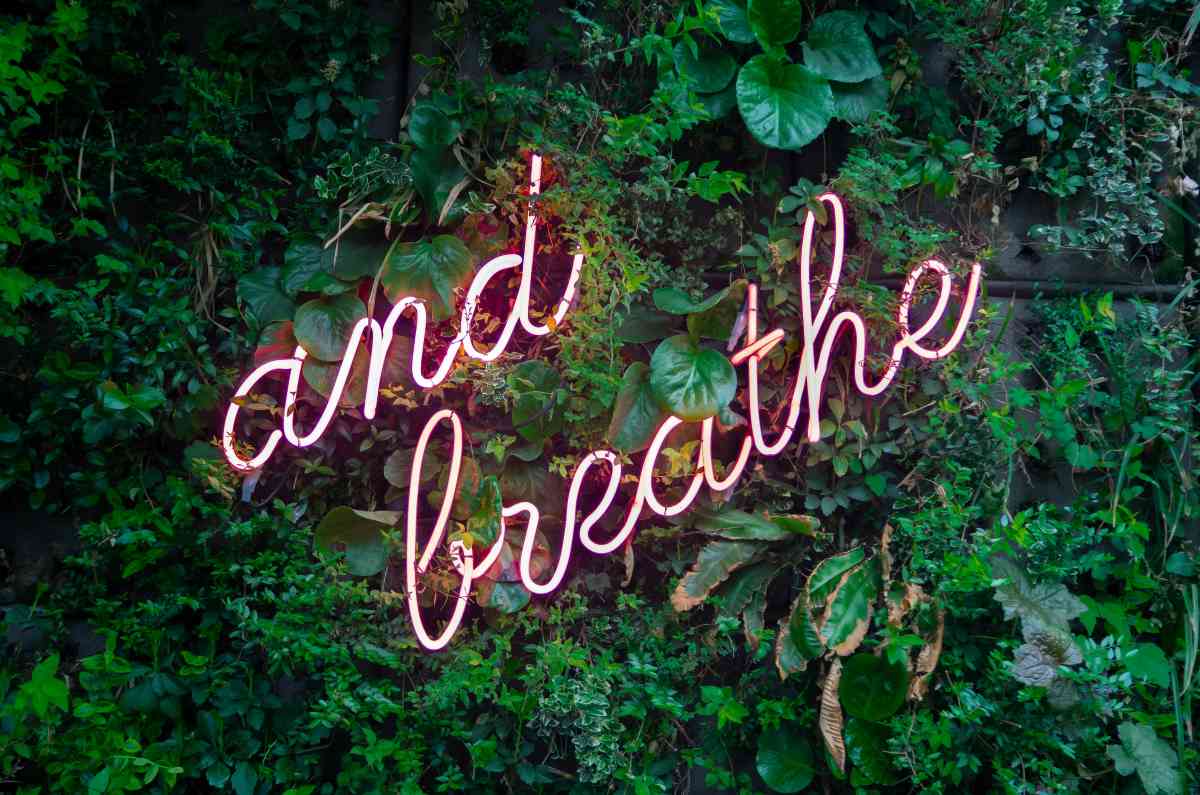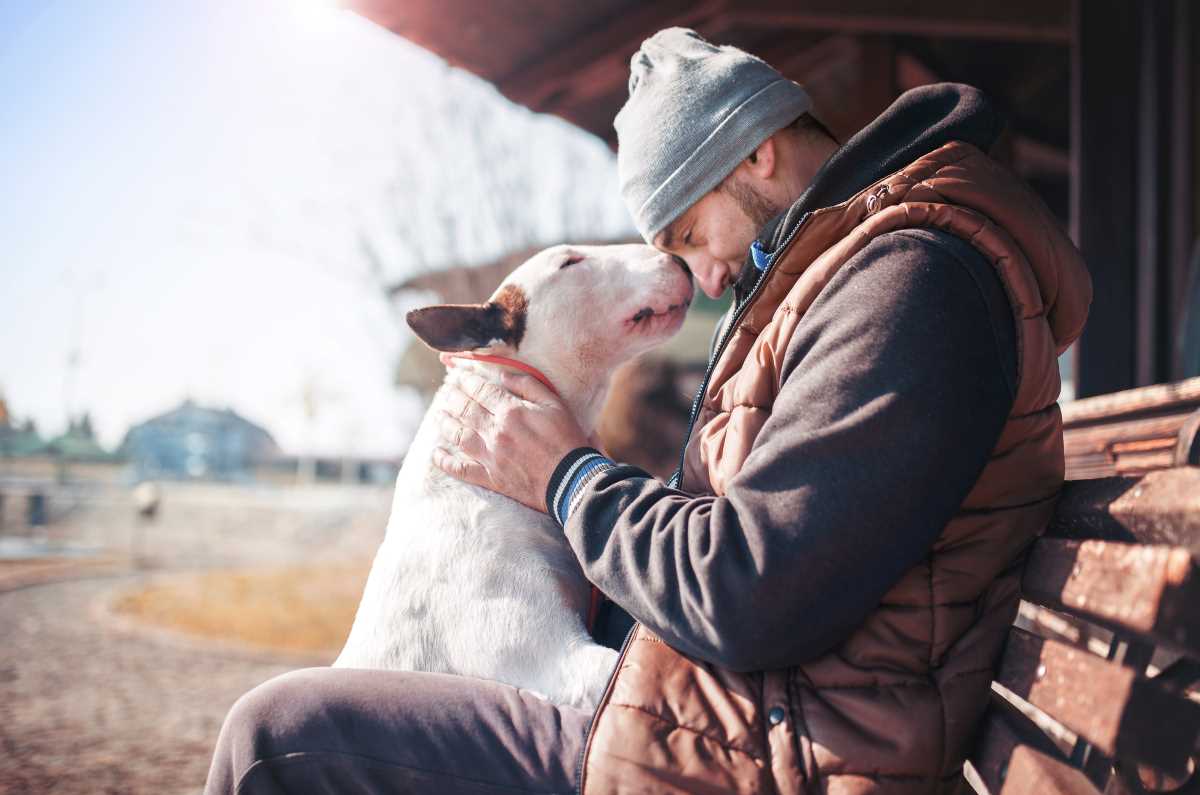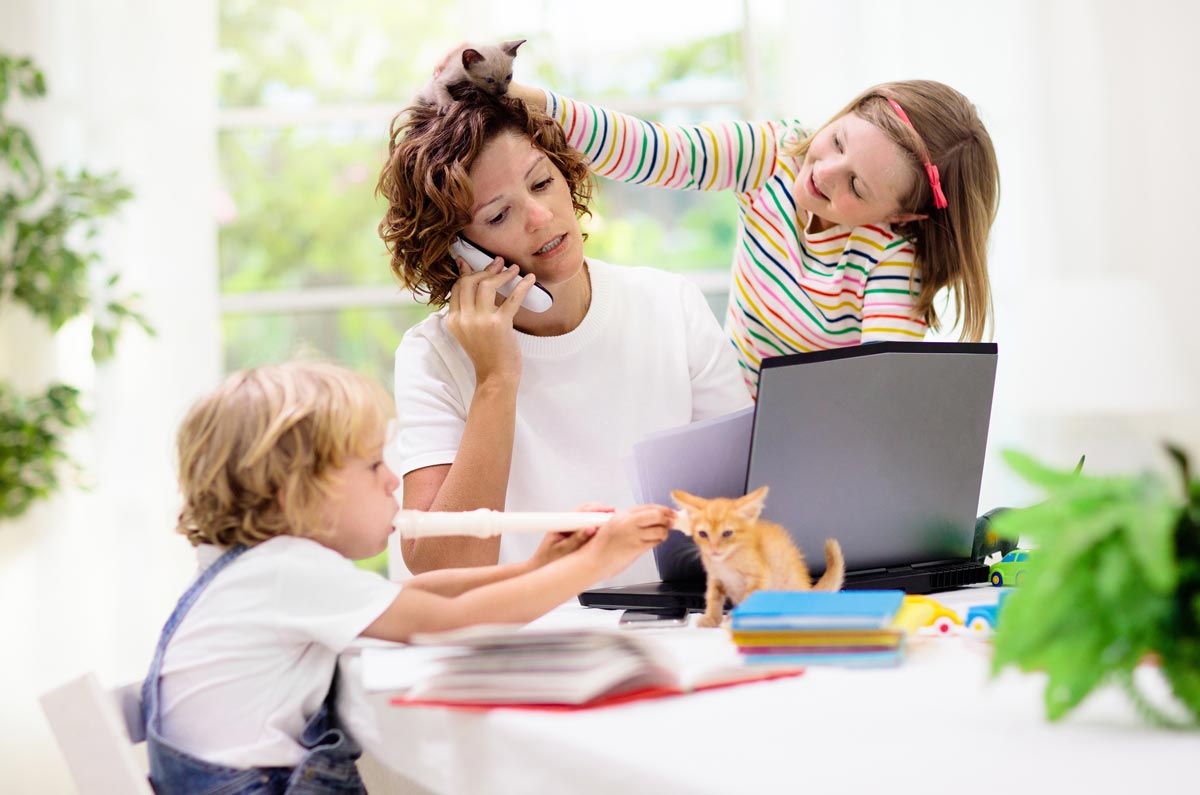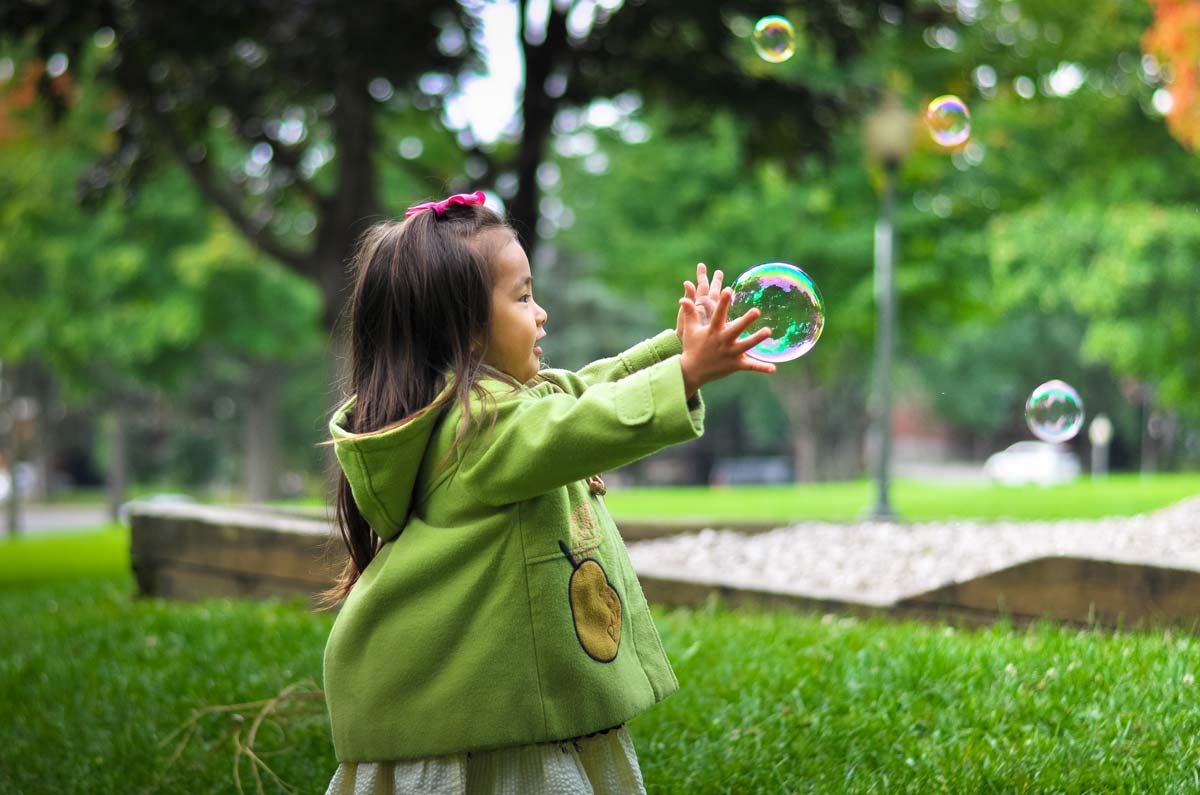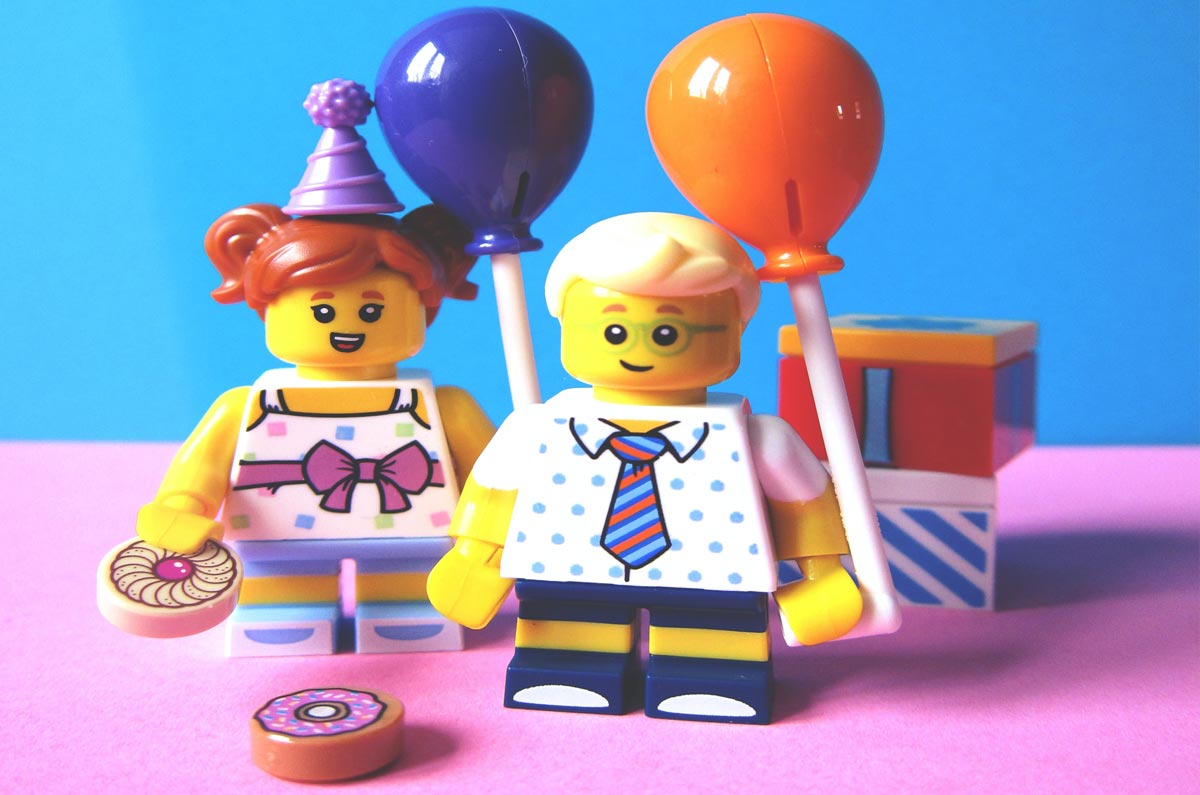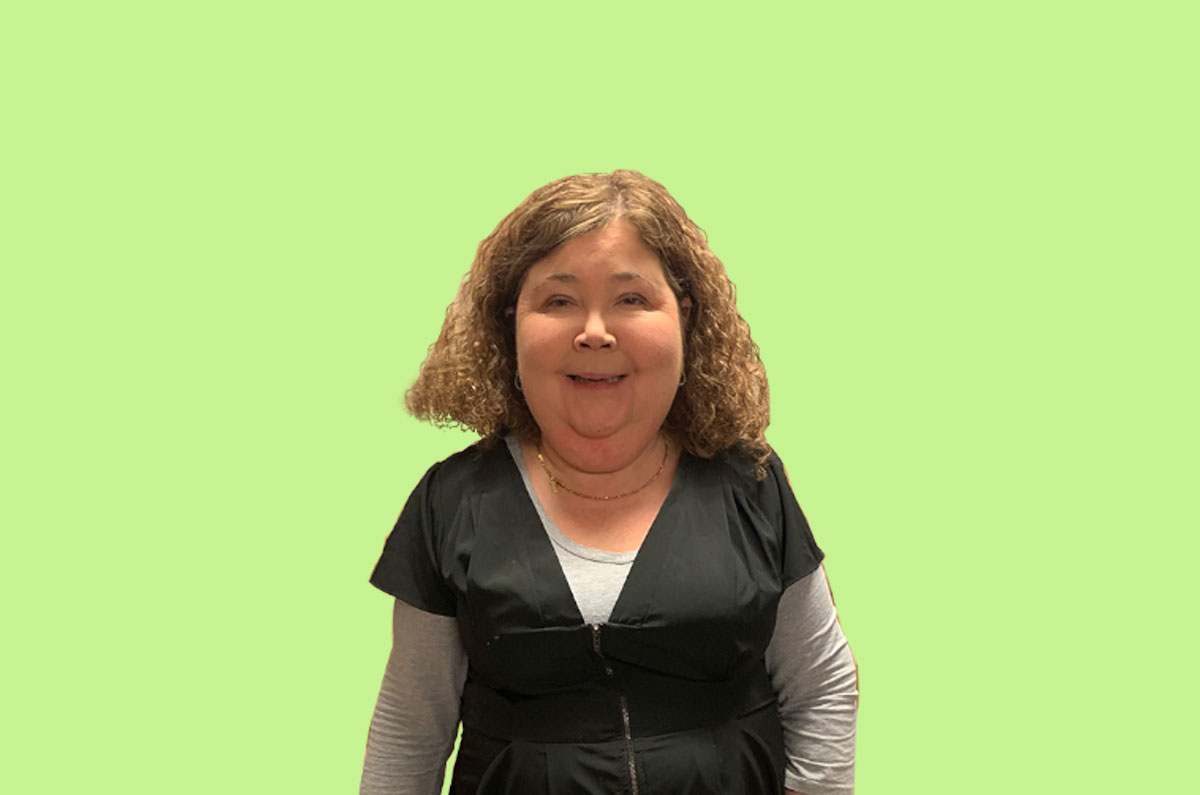As people, we’re complex, multi-faceted and messy. And just as exercise, pain management, medications, and eating well are essential for good health, so too are the more nebulous aspects of wellbeing – happiness, satisfaction, comfort, social connections, a sense of purpose. When you’re managing your health, it’s important that we don’t neglect these other aspects of life.
So let’s look at some of the other things you can do to look after yourself when you live with a painful musculoskeletal condition.
Accept your pain
Acknowledging that your condition causes you persistent pain is an important step to managing it more effectively. You’re putting your energy into finding positive and practical ways to deal with it, rather than ignoring it or hoping it’ll just go away.
And research shows that people who worked on accepting pain reported lower pain intensity and better function than others.
Sounds so simple, right? Well, not always. It can be challenging to accept pain may be a constant in your life. It can be frustrating, and it may be a struggle at times. You may also go through periods where your pain does dominate your thinking and makes you anxious or sad.
That’s okay. Accept that this can happen. It’s completely normal when living with persistent pain to have these ups and downs.
Speaking with someone – a friend or family member, your GP, a pain specialist, a mental health therapist – can help you work through this so you can get back on track.
Writing it all down in a journal or pain diary is another option. The important thing is to keep working on it.
Stay connected
Living with persistent pain can be a lonely experience. Fear of aggravating their pain can sometimes stop people from doing the things they’ve always enjoyed – catching up with friends, playing sport and socialising. No longer having these connections can lead to people becoming isolated.
We’re now recognising that loneliness can cause a whole range of health issues – from depression to poorer cardiovascular health. In fact, research suggests it may pose a bigger risk for premature death than smoking or obesity. When it comes to musculoskeletal pain, feeling lonely can make you feel upset and distressed, which can increase pain and muscle tension. Any increased muscle tension has the potential to aggravate existing pain.
So how can you deal with loneliness?
- Get in contact with friends and family. Catch up with them. Call them on the phone. Connect with them via social media. Just reach out and make the connection. Start small and gradually build up the amount of contact you have.
- Join a walking group. As you know, exercise is an effective way to manage pain. So why not join a local walking group? You’ll meet people, and get some exercise as well. Contact your local neighbourhood house or search online for a group near you.
- Adopt a pet. Pets are a wonderful comfort. They’re cute, they’re fun, they don’t judge you if you decide to stay in your pajamas all day. Having a pet has many health benefits, including decreasing cholesterol levels and blood pressure, reducing stress, improving your mood and importantly – reduced feelings of loneliness.
- Join a knitting group/book club/art class/family history short course…whatever takes your fancy. Explore a new hobby or interest, and meet new people at the same time. Visit your local council website for details of what’s on in your area.
- Join a support group. They bring together people with similar experiences in a supportive environment. Musculoskeletal Australia has many support groups that meet in person and online. Find a group today.
- Volunteer. There are many opportunities to do volunteer work in Australia. Think of a cause near and dear to your heart – and explore local charities or organisations that need help. You’ll meet other people, make friends and connections, and support a cause that’s important to you. Check out the GoVolunteer website for volunteer opportunities.
- Get help. If you feel like loneliness has become a big issue for you, and that the thought of doing any of these things is overwhelming, talk to your doctor or a mental health professional for support. And don’t forget there are services that can provide you with support when you need it, no matter the time of day.
- Lifeline Australia (13 11 14 for 24 hour crisis support and suicide prevention)
- beyondblue (1300 224 636 for 24 hour support).
Listen to your favourite tunes
There’s plenty of evidence to support the use of music for managing pain. It’s been shown to reduce anxiety, fear, depression, pain-related distress and blood pressure. We also know that when we listen to our preferred style of music, there’s a positive effect on pain tolerance and perception, anxiety and feelings of control over pain. It’s not exactly clear how or why music can have such an effect on pain, but we do know that enjoyable music triggers the release of dopamine, which is a ‘feel-good’ hormone. Or it may be that music distracts your mind from focusing on your pain. Whatever the reason, it’s an easy, cost-effective way to get some relief from your pain. So create a special ‘pain playlist’, and load up your phone or music player of choice with your favourite tunes. And check out our recent blog on the power of music.
Create a care package
Anyone who lives with a musculoskeletal condition knows how unpredictable they can be. You can be managing really well and doing all the right things when suddenly a flare hits. Something you can do to look after yourself at this time is to open a care package.
It’s a simple act of self-care that can provide a much-needed boost to your mood.
When you’re feeling healthy and pain-free, gather together the things that make you happy and give you comfort when you’re feeling down or unwell. Put them together in a box or a basket so that you can access them easily when pain strikes.
While it won’t make pain miraculously go away, it can provide a distraction and give your spirits a lift.
What you put in your care package it entirely up to you. It may be a guilty pleasure magazine that you enjoy reading every now and again, or some of your favourite quality chocolate, your pain playlist, photos from a wonderful holiday, mementos from your childhood…or all/none of the above. Whatever you put in there is purely for you. So get creative!
Remain working as long as you can
Working is good for our health and wellbeing – it gives us confidence, builds self-esteem, makes us happy and shapes our identity.
Working has many other benefits, including financial security, meeting and interacting with other people, learning new skills and challenging yourself. Ensuring you can stay in the workforce for as long as you want/need is vital for many reasons – including managing your health.
However there are times when your condition may interfere with your work.
The good news is there are many things you can do to help you stay at work, such as pain management techniques (e.g. mindfulness), medication, modifying your workspace, using aids and equipment (e.g. modified mouse and keyboard, lumbar supports) and having some flexibility with the hours worked. Talk with your doctor and an occupational therapist for information and advice about staying in the workforce. And consider talking with your employer about potential modifications to your workspace and/or role that may help when your condition flares.
Be in the moment
Mindfulness meditation focuses your mind on the present moment. It trains your mind to be alert and pay attention to the thoughts and the sensations you feel and accept them without judgement.
Regularly practising mindfulness meditation has been shown to improve mood, relieve stress, improve sleep, improve mental health and reduce pain.
The beauty of mindfulness is that you can do it walking, standing, sitting or even lying down. And the more you do it, the more benefits you’ll experience. The practice of mindfulness also translates to being more mindful in your everyday life.
To practise mindfulness meditation you can join a class, listen to a CD, learn a script from a book or play an online video or DVD. There are many different techniques. Here are just a few:
- body scan – a simple technique to give you a taste of mindfulness meditation is a body scan. It helps you become aware of your body in the present moment.
- focusing on your breath – pay attention to the way air moves in and out of your nose or mouth, and how it feels.
- mantra meditation – involves chanting inaudibly or very softly to yourself a word or phrase that resonates with you.
- sound meditation – focus your attention on a sound. This can be music or your surroundings (e.g. the wind in the trees, the sound of rain on your roof).
- movement meditation – this is usually done as walking meditation, but you can practise it while moving in any way; for example tai chi and yoga are forms of moving meditation. Try and do this out in nature for maximum effect.
When you start meditating, be realistic. It involves regular practise and patience. Start with five minutes a day and gradually increase to 10 minutes and then more over a period of weeks and months.
Obviously the more often and the longer you do it, the more benefit you’ll get. However, even five minutes a day will be beneficial. You’ll notice changes in your consciousness very quickly as well as reduced pain, improved sleep, acceptance of situations, improved sense of wellbeing and better physical and social functioning.
“To ensure good health: eat lightly, breathe deeply, live moderately, cultivate cheerfulness, and maintain an interest in life.” – William Londen
Contact our free national Help Line
If you have questions about managing your pain, your musculoskeletal condition, treatment options, mental health issues, COVID-19, telehealth, or accessing services be sure to call our nurses. They’re available weekdays between 9am-5pm on 1800 263 265; email (helpline@msk.org.au) or via Messenger.
More to explore
- Use mindfulness to cope with chronic pain
Mayo Clinic, 2018 - Managing your pain: An A-Z guide
Musculoskeletal Australia - Feeling isolated? You’re not alone. Here’s why 1 in 4 of us is lonely
ABC Life, 2018 - Smiling mind
- Music can relieve chronic pain
Science Nordic, 2014


